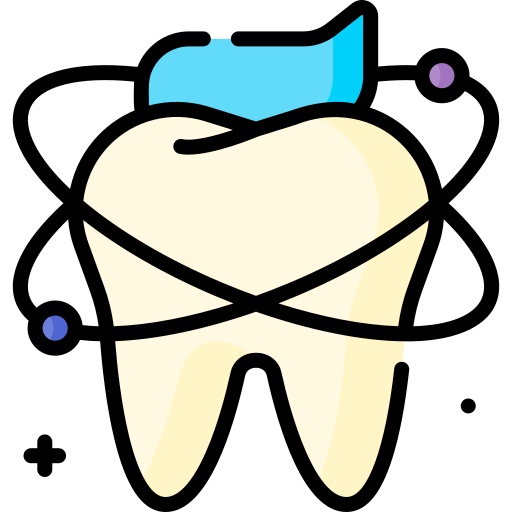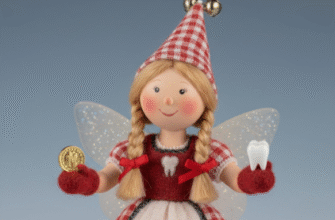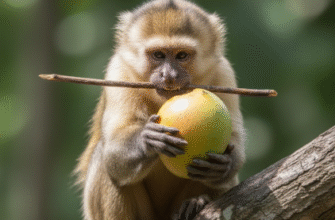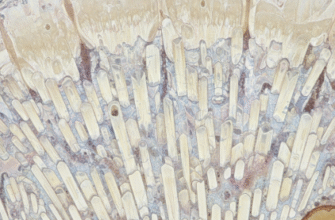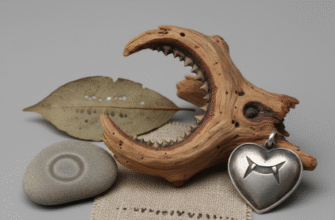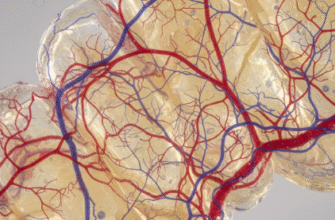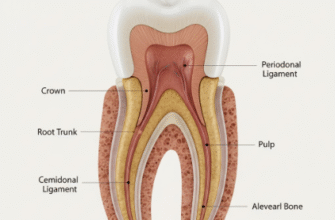Beyond their fundamental role in processing food, teeth have, across ages and diverse cultures, been imbued with profound significance, often reflecting a society’s understanding of health, vitality, and even the prospect of a long life. This connection isn’t always rooted in scientific vernacular as we know it today, but rather in observation, tradition, and deeply held beliefs about what it means to thrive. Exploring these cultural narratives reveals a fascinating tapestry of human experience where oral well-being is intrinsically linked to overall flourishing.
Echoes from Antiquity: Early Understandings of Dental Significance
Glimpses into ancient civilizations reveal a nascent yet persistent concern for oral health, often intertwined with broader concepts of purity, status, and longevity. The ancient Egyptians, renowned for their sophisticated medical practices, also contended with significant dental issues, as evidenced by mummified remains. Their texts contain remedies for toothaches and gum problems, suggesting an awareness that oral comfort was part of a well-lived life, and indeed, a well-preserved afterlife. While their methods might seem rudimentary now, the intent to alleviate suffering and maintain oral structures speaks volumes.
In ancient Rome, a bright smile and clean teeth were often associated with social standing and refinement. They utilized various concoctions, including powders made from bone, hooves, and shells, to clean and whiten their teeth. The poet Ovid even offered advice on oral hygiene to women. This aesthetic concern was not merely superficial; it reflected a societal value placed on presentation as an outward sign of inner order and health. A healthy mouth was part of the Roman ideal of a sound mind in a sound body.
Further east, Traditional Chinese Medicine (TCM) developed intricate systems connecting different parts of the body. Within TCM, teeth were not seen as isolated entities but were linked to the health of various organs and meridians, the pathways through which vital energy, or ‘qi,’ was believed to flow. Problems with specific teeth could indicate imbalances elsewhere in the body. This holistic view inherently emphasized that maintaining dental health was part of nurturing overall systemic balance, a cornerstone for achieving longevity.
The Indus Valley Civilization, one of the world’s oldest urban cultures, also shows evidence of rudimentary dental practices. Archaeological finds suggest that they had knowledge of addressing tooth decay. While the specifics of their beliefs regarding teeth and longevity are less documented, the very act of intervention implies a recognition of the importance of teeth for an individual’s well-being.
Teeth as Cultural Barometers: Symbols of Vitality and Social Standing
Across numerous cultures, a full set of strong, healthy teeth has traditionally symbolized more than just the ability to eat. It has been a potent emblem of vitality, youthfulness, and strength. In many societies, the loss of teeth was, and sometimes still is, perceived as a visible marker of aging and declining vigor. This association isn’t purely functional; it’s deeply embedded in the cultural psyche. Think of the robust hero in folklore, often depicted with a broad, toothy grin, a visual shorthand for their power and life force.
The social currency of a smile is undeniable and universally understood. A healthy, well-maintained set of teeth contributes significantly to a pleasing smile, which in turn facilitates positive social interactions, communication, and can boost an individual’s confidence. This isn’t a modern phenomenon. Throughout history, the ability to present a healthy smile has often influenced perceptions of attractiveness, trustworthiness, and even approachability. In many communities, a person’s oral condition could subtly influence their social acceptance and opportunities.
Consider also the rituals surrounding teeth, especially the transition from baby teeth to adult teeth. While the “Tooth Fairy” is a relatively modern Western invention, many cultures have older traditions marking this event. These rituals often underscore the importance of the new, permanent teeth, sometimes involving offerings or specific actions believed to ensure the strength and health of the incoming adult set, thereby contributing to the child’s future well-being and robustness.
The Power of Traditional Oral Care Practices
Long before the advent of modern dentistry, cultures around the world developed ingenious methods for maintaining oral hygiene, often utilizing readily available natural resources. These practices were passed down through generations, embodying a collective wisdom about the importance of a clean mouth for overall health.
One of the most widespread examples is the chew stick. Known as “miswak” in many Islamic and African cultures (often from the Salvadora persica tree) or by other names depending on the local flora (like neem twigs in India), these sticks serve a dual purpose. The frayed ends act as natural bristles to mechanically clean the teeth, while the plant itself often contains compounds believed to have antimicrobial or beneficial properties for the gums. The continued use of chew sticks in many parts of the world highlights a deeply ingrained cultural commitment to oral cleanliness, often linked to religious or spiritual purity as well as physical health.
Herbal concoctions also played a significant role. Mouth rinses made from sage, mint, or myrrh, and powders created from charcoal, salt, or specific barks, were common. These weren’t just for fresh breath; they were often believed to strengthen gums, alleviate toothaches, and prevent decay. The selection of these ingredients was based on generations of observational experience and traditional knowledge about the properties of local plants and minerals.
Diet, too, was implicitly understood to impact dental health. Traditional diets, typically lower in processed sugars and acidic foods compared to many modern diets, naturally provided a less hostile environment for teeth. While not always framed in terms of “dental health,” the cultural emphasis on whole, natural foods inadvertently supported stronger teeth and gums, contributing to the overall perception of vitality within the community.
Across diverse cultures and spanning millennia, humanity has ingeniously utilized nature’s bounty for oral hygiene. Chew sticks derived from specific plants, powders formulated from herbs and minerals, and natural abrasives were common tools in the pursuit of clean teeth. These widespread practices underscore a long-standing, intuitive understanding of the importance of maintaining oral cleanliness, often seen as integral to overall well-being and vitality. This historical consistency points to a deeply rooted human concern for dental care.
Weaving Ancient Wisdom into Modern Perspectives
The enduring cultural emphasis on oral health as a component of longevity and overall well-being offers valuable insights even in our scientifically advanced age. While modern dentistry provides sophisticated tools and knowledge, the underlying principle championed by many traditional cultures – that the mouth is a gateway to, and a mirror of, the body’s overall state – resonates with contemporary holistic health paradigms. These ancient societies may not have understood the precise biochemical pathways, but their observations led them to connect a healthy mouth with a vigorous life.
This historical and cultural lens reminds us that caring for our teeth is more than a routine task of brushing and flossing. It is an act that connects us to a long lineage of human understanding about self-care and the pursuit of a flourishing existence. The social value placed on a healthy smile, the intuitive link between oral condition and vitality, and the traditional practices aimed at preserving teeth all speak to a collective human wisdom. They affirm that maintaining our oral health is a fundamental aspect of nurturing our overall quality of life, contributing not just to our ability to eat and speak, but also to our confidence, our social connections, and our sense of holistic wellness.
Therefore, while we embrace the benefits of modern dental science, it’s enriching to acknowledge the deep cultural roots that have long celebrated healthy teeth as a cornerstone of a vibrant and enduring life. This broader perspective can inspire a more profound appreciation for the daily rituals that support our oral health, seeing them not merely as obligations but as affirmations of our commitment to our comprehensive well-being, a practice honored by countless generations before us.
